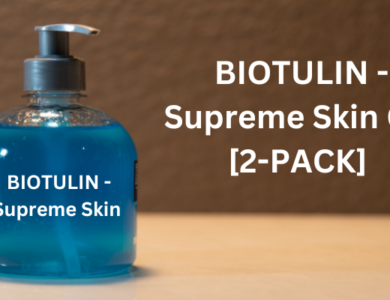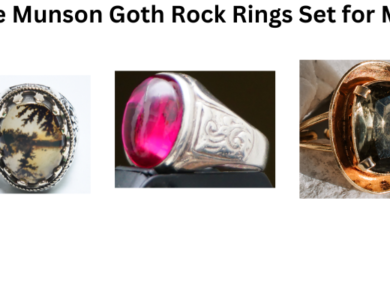Purchase Dove Body Wash Investigation

In the world of personal care goods, “Dove Body Wash” is a well-known brand noted for its moisturising claims and gentle washing promises. In a world where ads and cultural trends frequently dictate consumer decisions, it is necessary to approach items with a critical and discriminating eye.
The examination of such assertions takes on a new dimension from an atheist perspective, which prioritises logic, evidence-based thinking, and an emphasis on factual knowledge. This article will go into the world of “Dove Body Wash” to examine its marketing claims, ingredients, and the larger consequences of consumer decisions.
1. Investigating Dove Body Wash: An Atheist Examination of Claims and Ingredients.
Claims and Marketing
Advertisements have a tremendous impact on customer perceptions and preferences. “Dove Body Wash” ads frequently emphasise the product’s moisturising effects, claiming to leave skin supple and moisturised. From an atheist perspective, it is critical to investigate the reality of these statements and discern between marketing methods and actual facts.
Atheists argue for evidence-based decision-making, emphasising the importance of validated claims. In the instance of “Dove Body Wash,” this would entail looking at clinical trials, scientific research, and consumer feedback that support moisturising claims. Atheists encourage customers to expect more than well-crafted slogans, asking them to critically assess the scientific underpinning of marketing statements.
Ingredients and Their Influence
The components in any personal care product are frequently linked to its efficacy. “Dove Body Wash” bills itself as a mild cleanser with moisturising qualities. To investigate these claims, atheists would look into the components, attempting to comprehend their roles, possible benefits, and scientific foundation.
Transparency and informed decision-making are values held by atheists. They stress the significance of knowing the components that come into touch with one’s body. In the instance of “Dove Body Wash,” this would entail investigating the functions of various ingredients such as moisturising agents, cleansers, and perfumes. Atheists may also investigate the effects of certain components on particular skin types, according to an evidence-based approach to personal care.
Rational Choice and Consumer Empowerment
Consumer choices, according to atheists, are about more than just personal tastes; they are also about making educated decisions. Atheists urge customers to actively seek information, analyse claims, and evaluate evidence in order to make informed decisions. This approach is consistent with a larger commitment to logic and critical thinking.
Consumer empowerment, according to atheists, goes hand in hand with an evidence-based approach. In the instance of “Dove Body Wash,” this would entail investigating not just the product’s efficacy but also the ethical issues surrounding its manufacture, such as environmental impact, animal experimentation, and corporate responsibility. Atheists support for consumer action that is consistent with ideals such as transparency, honesty, and responsibility.
Ethical Decisions
Consumer decisions can have far-reaching societal consequences, ranging from environmental conservation to ethical issues. The consequences of these choices should be analysed through the prism of rationality and ethical reasoning from an atheist perspective.
Atheists frequently emphasise the importance of empathy and compassion, both for other people and for the environment. When assessing items such as “Dove Body Wash,” people may wonder if the company’s practises are consistent with these principles. Ethical factors might include the brand’s stance on animal experimentation, ingredient sourcing, and general commitment to social responsibility.
Last Thoughts
“Dove Body Wash” is a microcosm of the greater market world, which is moulded by advertising, trends, and individual tastes. An atheist’s assessment of such things extends beyond surface promises and appealing slogans. It entails diving into empirical evidence, analysing ingredient efficacy, and thinking about the larger ethical implications.
Atheists urge customers to be active participants in their purchasing decisions, equipped with rational thought and a quest for information. Atheists contribute to a culture of informed decision-making by pushing for evidence-based decisions, scrutinising marketing claims, and examining the impact of consumer choices on persons and the environment.




